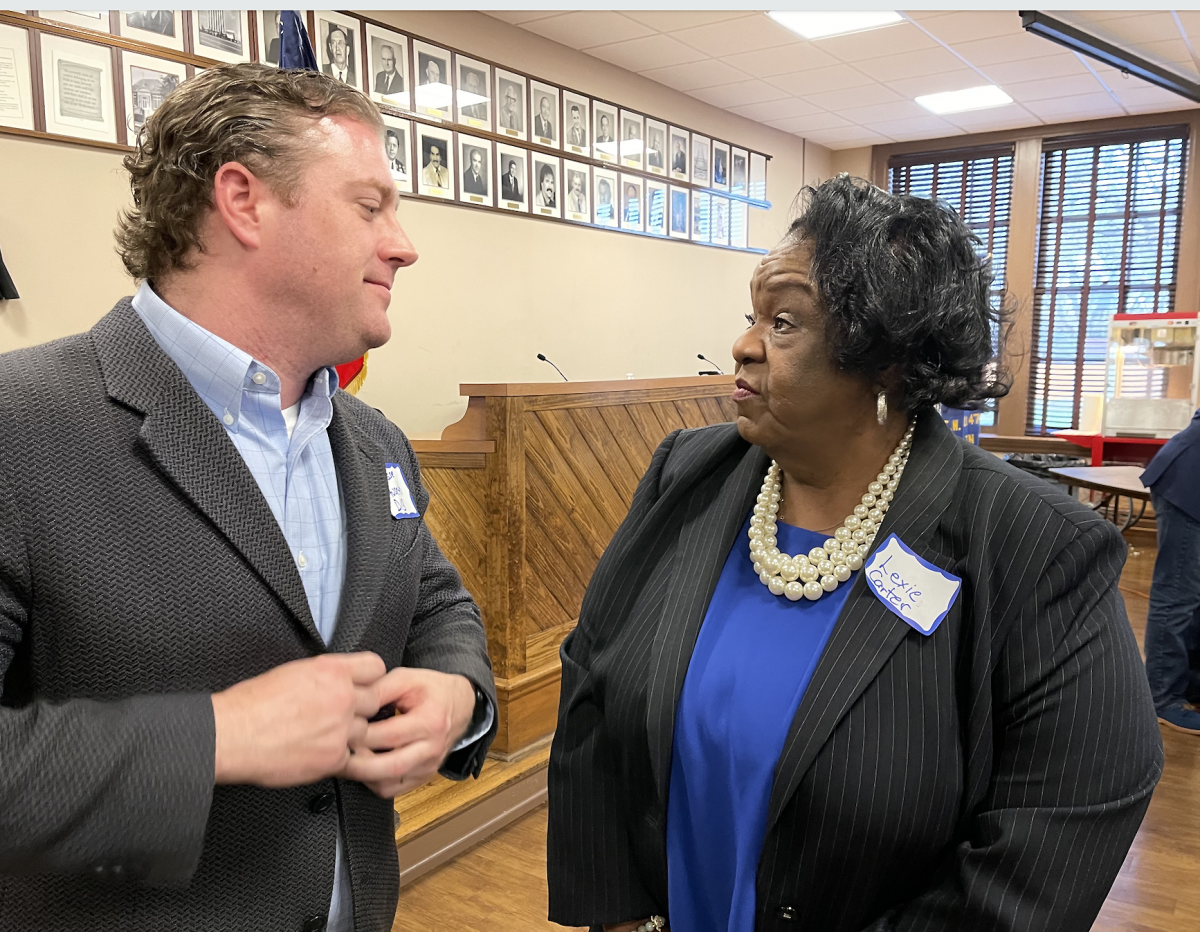Tennessee’s “anti-drag” law has temporarily been blocked by a federal judge. The law was set to go into effect on April 1st.
The judge sided with Memphis-based theater group, Friends of George’s, who filed the lawsuit against Shelby County District Attorney, Steve Mulroy. The Friends of George’s suit stated that the law violated the group’s First Amendment rights, and argued that the statute is unconstitutional.
“A drag queen wearing a mini-skirt and a cropped top and dancing in front of children violates this statute, but a Tennessee Titans cheerleader wearing precisely the same outfit doing precisely the same routine does not, because she is not a ‘female impersonator,” said the complaint. “The prohibited speech is defined by the identity of the drag performer – and the message he conveys. That is a content-based restriction of speech protected by the First Amendment.”
While the law does not explicitly say “drag performers,” it defines adult cabaret performances as those that feature “ topless dancers, go-go dancers, exotic dancers, strippers, and male or female impersonators. The law makes “adult cabaret performances” on public property or “in a location where the adult cabaret performance could be viewed by a person who is not an adult,” a criminal offense.
U. S. District Judge Thomas L. Parker granted a temporary restraining order and preliminary injunction against Mulroy, the state of Tennessee, Governor Bill Lee, and Tennessee Attorney General Jonathan Skrmetti. The order is good for 14 days from March 31st, 2023.
“If Tennessee wishes to exercise its police power in restricting speech it considers obscene it must do so within the constraints and framework of the United States Constitution.,” said Parker in the order. “The Court finds that, as it stands the record here suggests that when the legislature passed this Statute, it missed the mark.”
Friends of George’s argued that the language is too broad, and the court agreed.
“What exactly is a location on public property or a location where adult cabaret entertainment could be viewed by a person who is not an adult,” said Parker in the document. “Does a citizen’s private residence count? How about a camping ground at a national park? What if a minor browsing the worldwide web from a public library views an ‘adult cabaret performance’? Ultimately the Statute’s broad language clashes with the First Amendment’s tight constraints.”
According to a statement from Friends of George’s, they are set to return to court before their next production on April 14th.
“We won because this is a bad law,” said Mark Campbell, president of the board of directors for Friends of George’s. “We look forward to our day in court, where the rights for all Tennesseans will be affirmed.”



